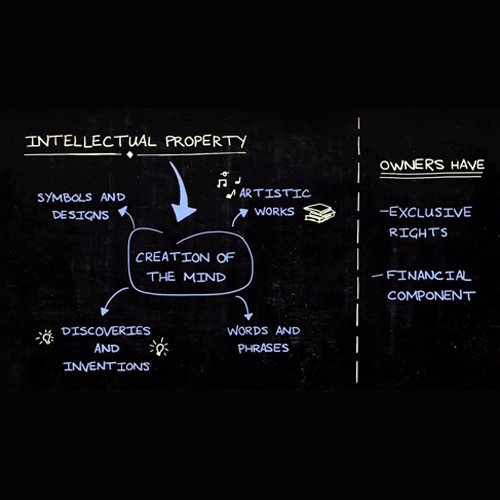
Intellectual theft I say!
“I am unsure how to start my essay, so I shall use a quote by a famous person and elaborate from there!†– Every student looking to make the first good impression on an essay.
We have all been there, done that and consider this as almost a tradition. We not only add quotes to colour to our writing but also have this habit of not so sparingly using data from every source we can lay our hands on. Technology has advanced and has given us a massive alternative to sticking our noses into dusty piles of books and journals, the internet! With every detail available ‘online’, information is just a keyboard click away from us. One of the notorious clicks is also called the ‘CTRL+C’ ‘CTRL+V’ phase. Copy-pasting is almost second nature to us. There are many sophisticated phrases used to mask the simple habit of theft, ‘influenced from’, ‘based on’, and ‘I stood on the shoulder of the giants’.
We all agree that we need to start our work somewhere and need not start all the way from reinventing the wheel. But it is important that we give due reference to the original brainwave behind the idea. There is a nasty word used to stamp people who do not give due respect to the originator, ‘The plagiarist’. This is a pretty heavy allegation, almost like an academic crime. A student can not only be penalised by being failed in the exam or paper, but may also face detention or suspension from a program. Being habituated to copy pasting right from the first year of college or even before, on the last day of assignment submissions, our complacence has grown and a precedent is set before us that we can get away with copying stuff from our friends and classmates. But it is important to note that we can be easily caught with our written work as universities have special anti plagiarism software like ‘Turn-it-in’ which not only detects the material to be copied but also shows the original source.
While evaluating profiles, we come across SOPs written which are ‘rip-offs’ from many older SOPs of seniors, or even sample SOPs available on internet search engines. There is also material picked up from Linked-in account profiles and the tips of how to write such statements. Even though in academic writing you may plan to use the help of another resource and give it enough credit, it is simply unacceptable to use it to describe your own details and aim in life. It only gives an impression that you are not sure of your own future. That is how our first impression and the image as a prospective student is made in front of the admissions committee of a university. It is acceptable to use the words of previous scholars to indicate the present state of affairs or to indicate the ray of influence or to align your thoughts in the process but only if you identify and give due credit to the primary idea.
Bottom line, let us not show ourselves in a light where we have to bear the seal of being a shadow of someone else’s existence rather than having our own individuality. Hold hands of the stalwarts and the experts to build on it, but make sure that you mention the basis and foundation of your building.



